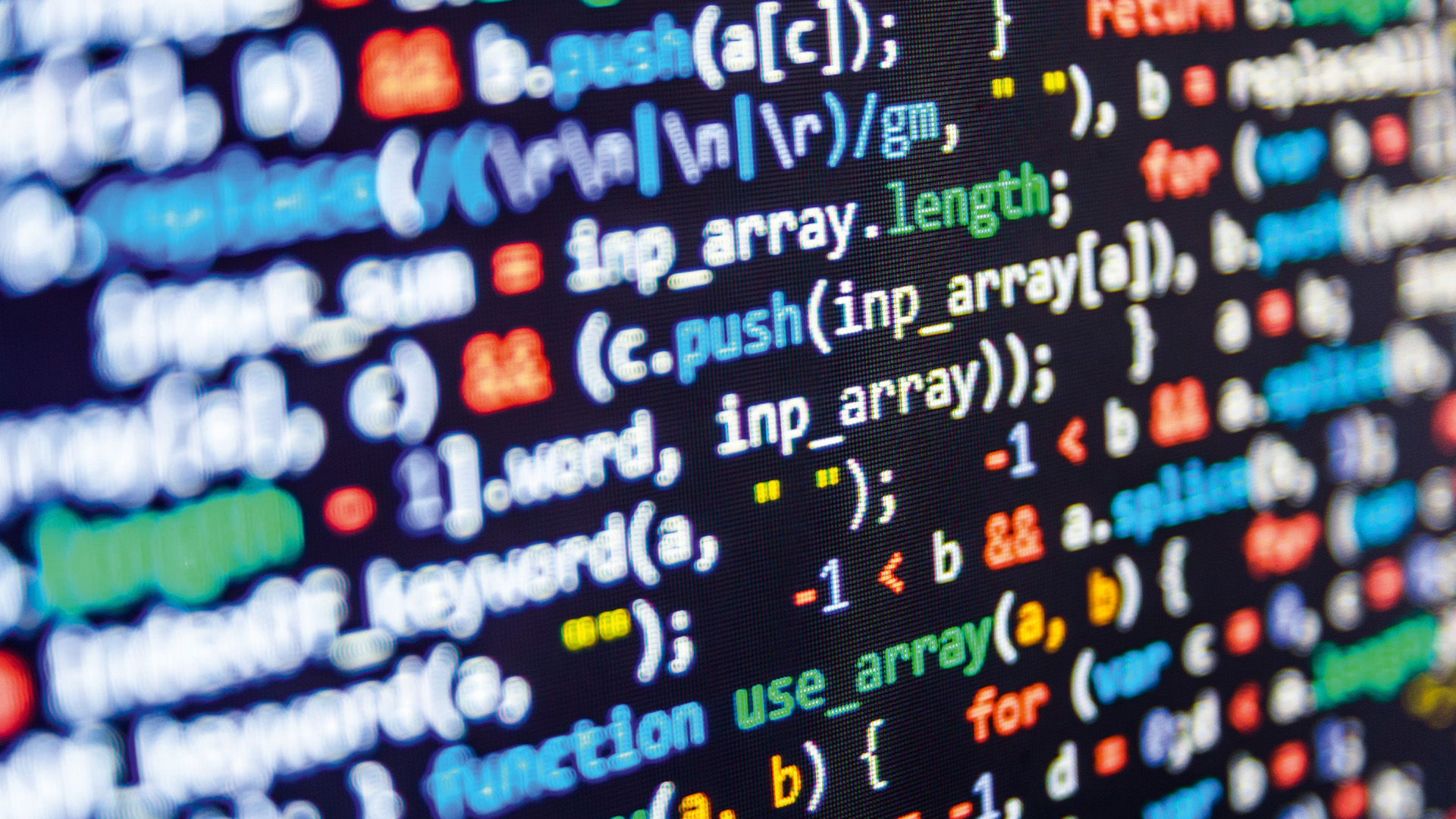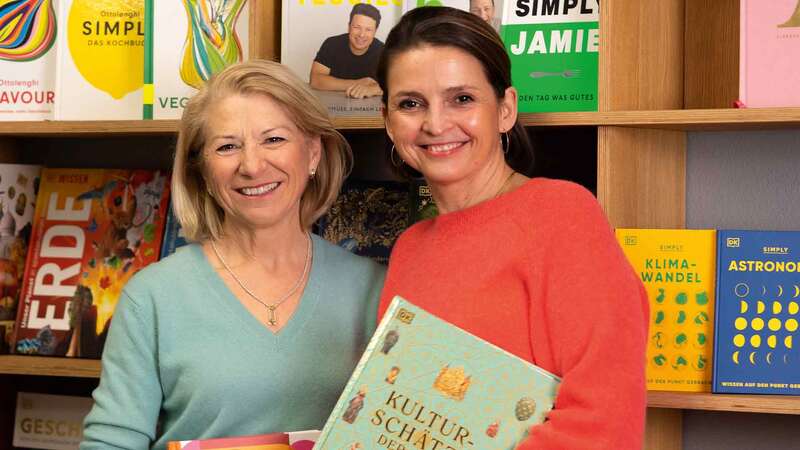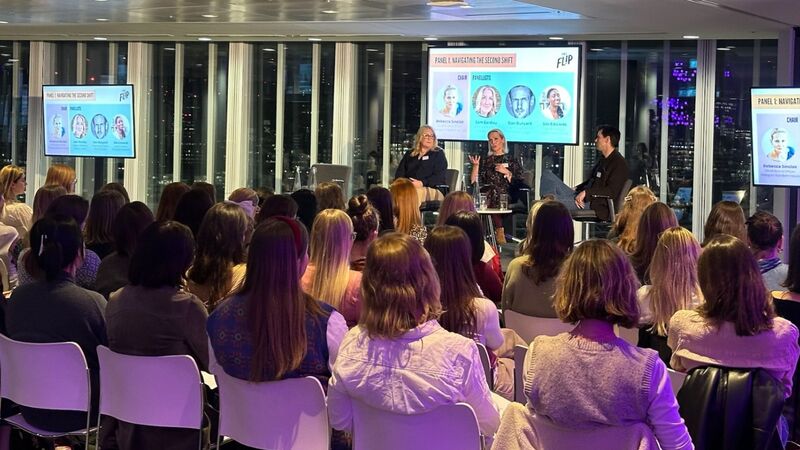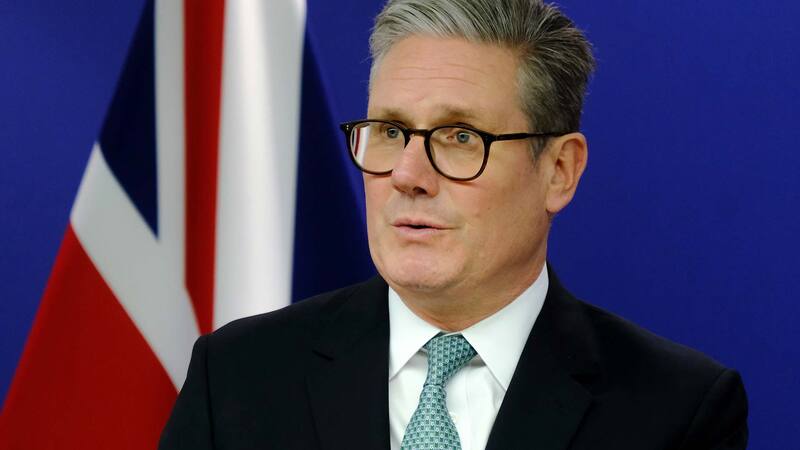You are viewing your 1 free article this month. Login to read more articles.
Trade bodies demand 'protection and compensation' for AI copyright infringements
Publishing trade bodies have joined together to call on the government to put in place “tangible solutions” to protect the “human creativity” behind Artificial Intelligence (AI) and have asked for “acknowledgement of and recompense for the copyright infringement that has already happened”.
The Publishers Association (PA), Society of Authors (SoA), the Authors’ Licensing & Collecting Society (ALCS) and Association of Authors’ Agents (AAA) issued a joined statement to the prime minister today (31st October) ahead of the AI Safety Summit taking place on 1st and 2nd November.
The statement said: “As a society we should support human authorship unequivocally. It is of the utmost importance that the government puts in place tangible solutions as soon as possible to protect the human creativity and knowledge that underpins safe and reliable AI.”
It described human creativity as the “bedrock of the publishing and wider creative industries” which will be “worth around £116bn this year in the UK alone” and noted: “It is right for the UK to seek to be a leading light in development of AI, embracing the many benefits it can bring when used responsibly and ethically as a tool” and claimed the publishing industry “was an early adopter of AI”.
"We fully recognise the potential benefits and opportunities it can bring to our industry with AI tools that help us enhance human creativity and academic endeavour by reaching our audiences, marketing our books and journals more effectively, and improving processes and systems. However, it must be used ethically and legally, and its use must be regulated”, the statement said.
The bodies called on the government “to ensure that AI systems cannot continue to use copyright-protected works with impunity” noting creative work and the industries like publishing that are built on it “can only thrive under the right conditions: a strong copyright regime, compensation, credit for authors and other creators, and rights-holders’ control”.
The statement described today’s development of AI systems as “unfettered” and “opaque”, which are "designed using copyright-protected works used without permission or payment”. It continued: “We need acknowledgement of and recompense for the copyright infringement that has already happened – including the pirated Books3 database used to develop many high-profile systems – and assurances that those practices will end.”
There have been several author-led class action suits filed against AI companies for copyright infringement of their works of fiction in recent months. In September the Atlantic revealed more than 191,000 books that were used without permission to train generative AI-systems, leaving authors “sickened”.
“We need practices based on consent and fair payment to ensure that authors and rights-holders are asked for permission and rewarded for the use of their works”, the trade bodies said. “We need to ensure that creators are credited when their works are used to generate derivative outputs. And we need transparency and attribution. An end to the opaque development of AI is long overdue. We can only ensure that with strong government support.”
It concluded: “This is an issue on which the entire publishing industry is united. It is vital that authors and rights-holders are protected by government as AI continues to be developed. We urge the Prime Minister to make a statement of commitment to protecting the value of human creativity, intellectual property, and publishing and the creative industries, while these new technologies evolve.”
In June the Publishers Association announced it was forming a new AI Taskforce to support the industry as it navigates rapid new developments in AI.
The Bookseller’s 2023 FutureBook conference is focused on AI and how the book trade can respond to the rapidly changing landscape in this area.



















